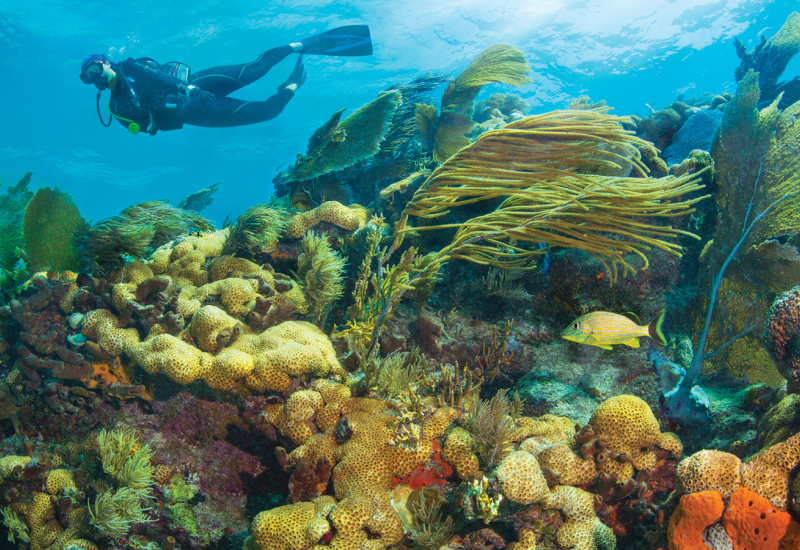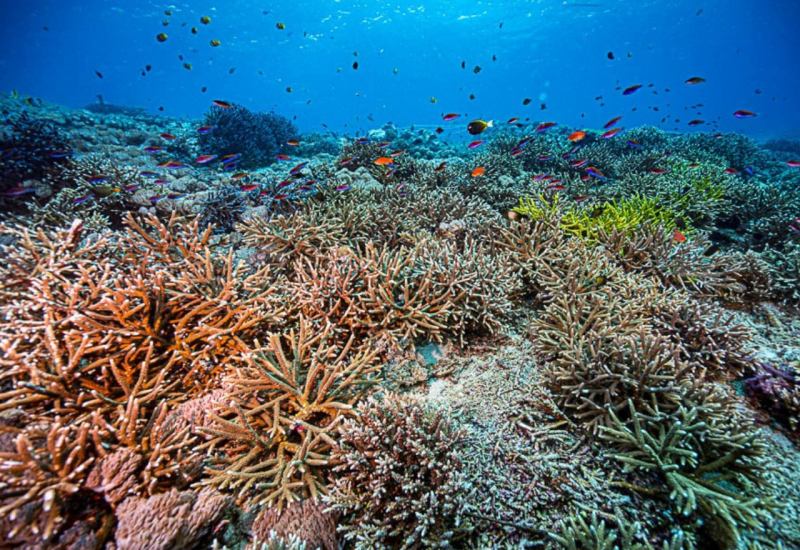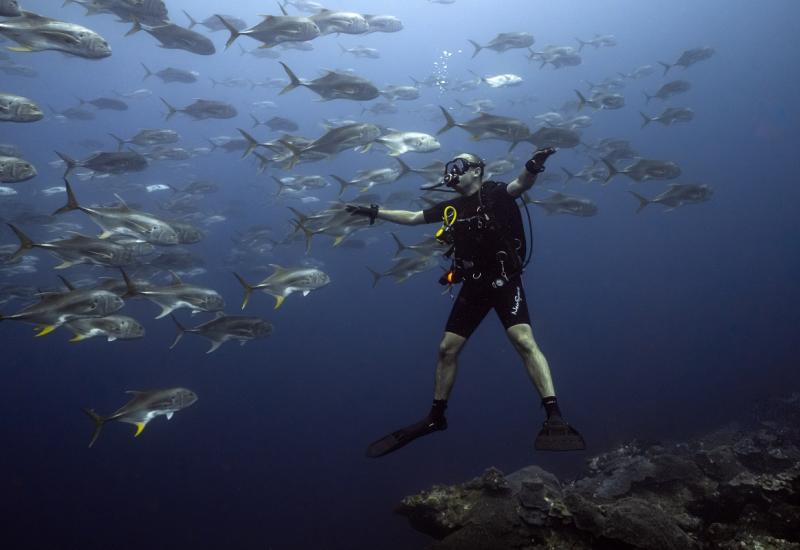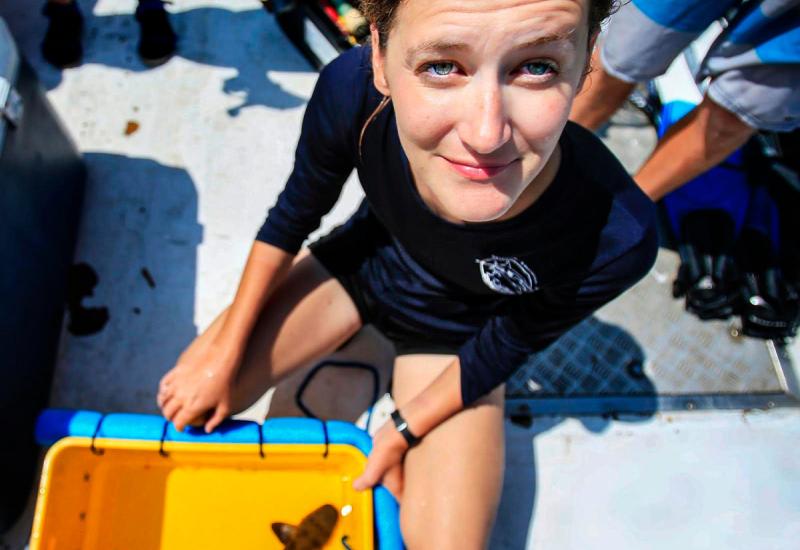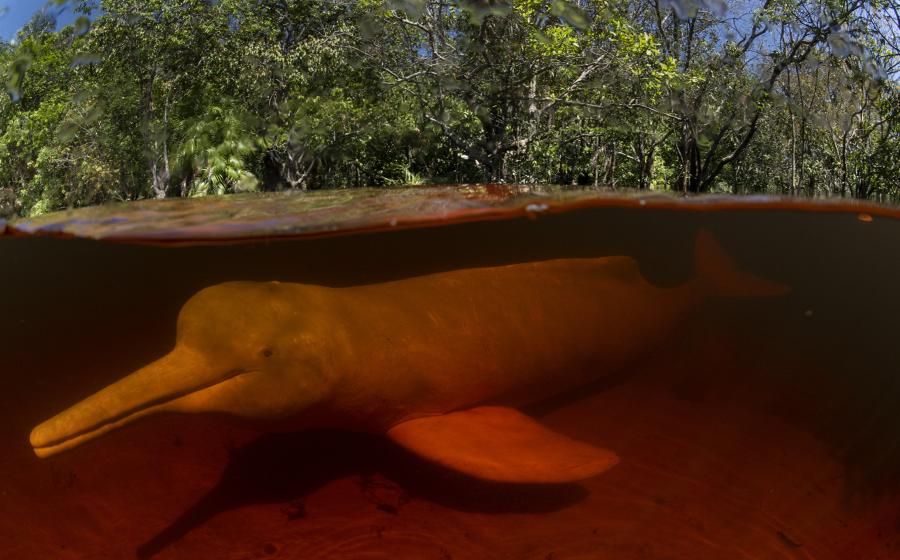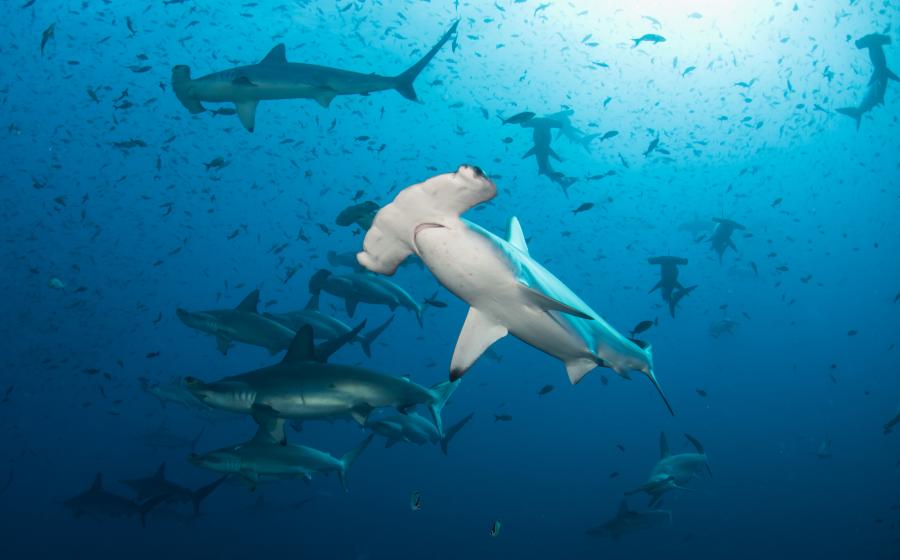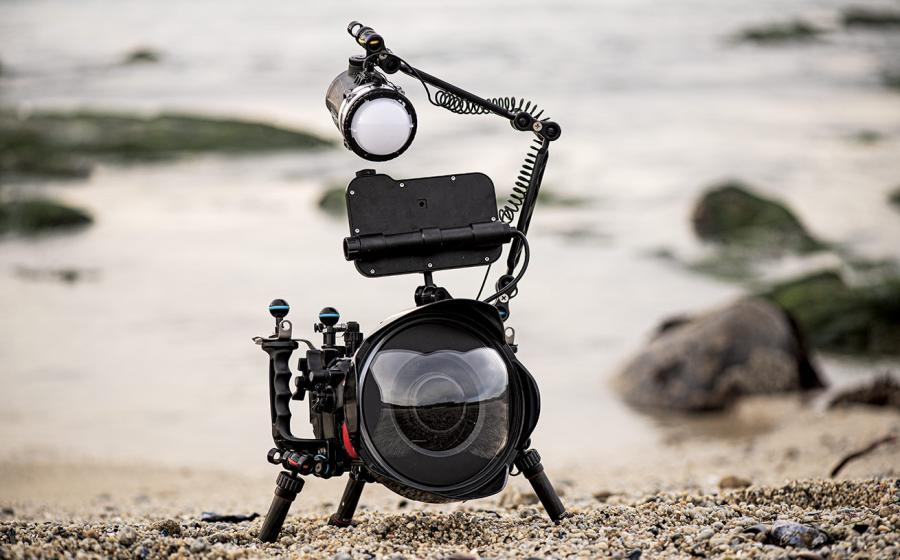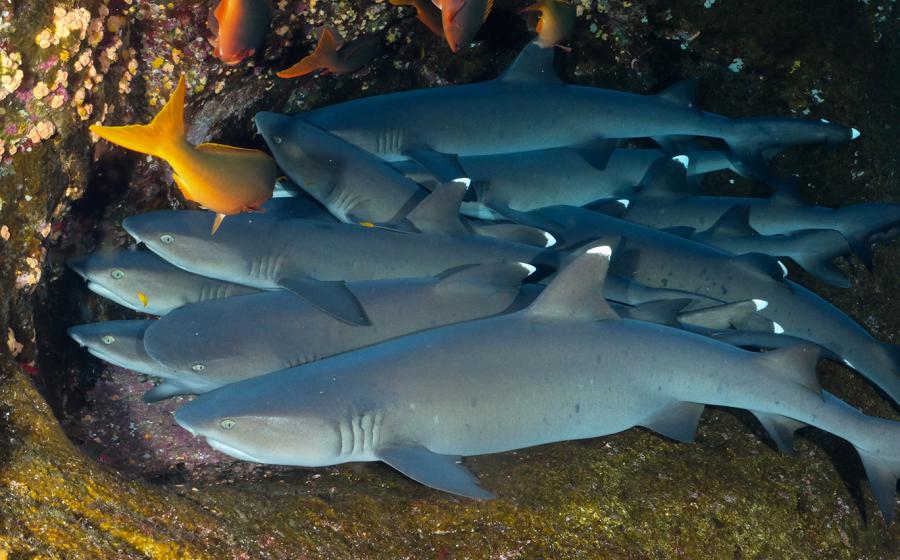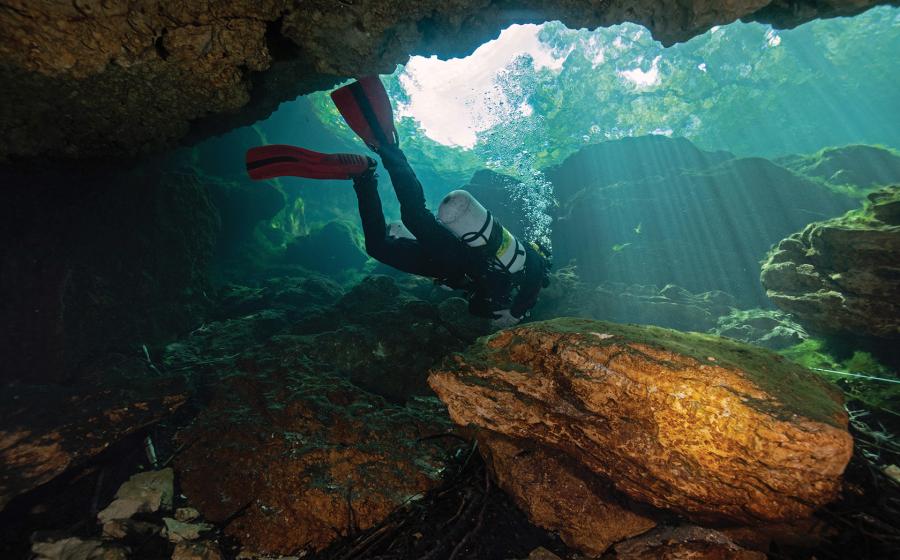Dive Community Says No to Single-Use Plastics
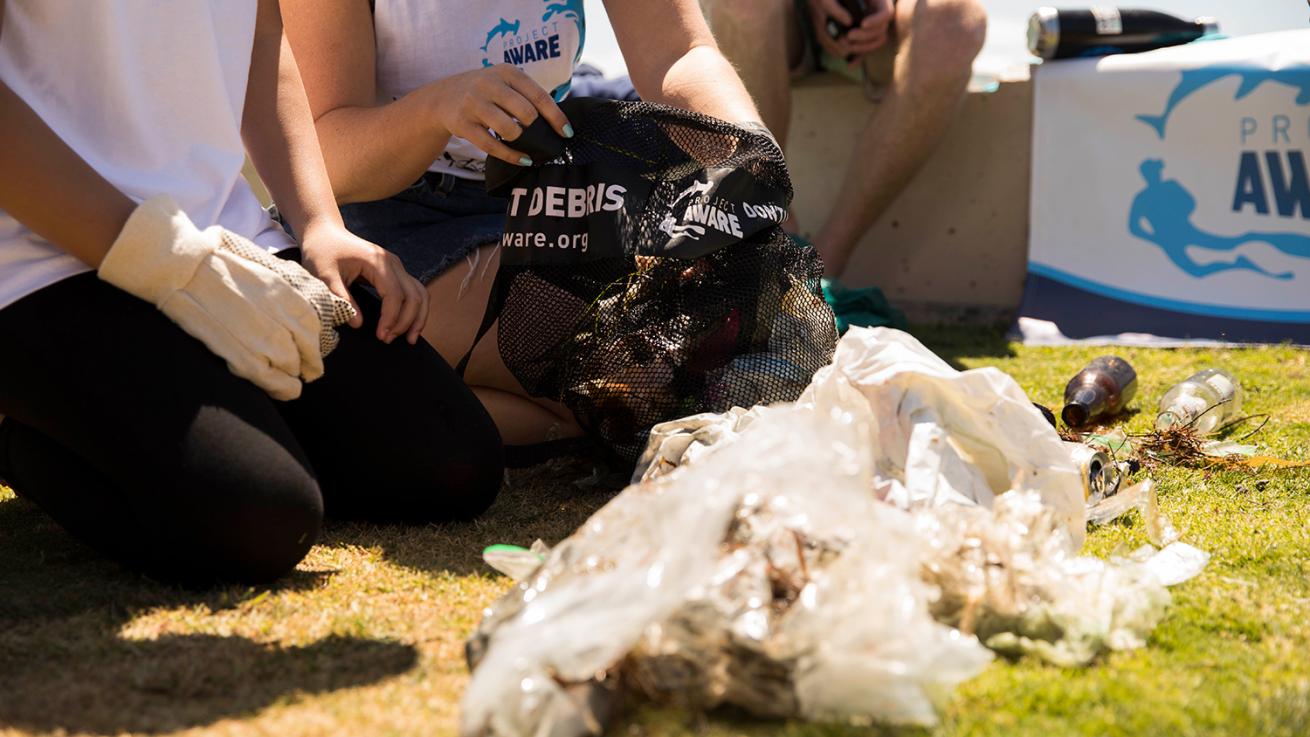
Project AWARESingle-use plastic products are mostly made from a material that was designed to last forever and it’s entering our oceans.
Plastic is part of our everyday lives, it’s in our bathrooms, our kitchens and it’s all around us when we’re on the go - our morning coffee, water bottles, lunch to take away - we can grab it, use it and throw it away. The problem is, there is no away! These throw-away products are mostly made from a material that was designed to last forever and it’s entering our oceans.
Dive Against Debris — Project AWARE’s flagship citizen science programme, which enables divers to remove marine debris from the ocean and report the data — has found that over 60% of items removed from the ocean floor were plastics. Once in the marine environment, plastic takes a long time to break down and is very dangerous to marine animals, which can become entangled, or even mistake it for food — often with fatal results. When the plastic does eventually break down, it turns into tiny fragments, known as microplastics. These microplastics come with their own hazards, one of which is entering the food chain, being eaten by plankton and then larger fish. The other major problem with microplastic is it can’t be removed from the ocean easily and will never completely go away.
As divers we have a unique viewpoint to the underwater world and a love for the wonders under the waves. Seeing first-hand the damaging impacts of plastic on our favourite dive sites and marine life is devastating but it also gives us the power to help stop plastic pollution in our oceans. Here’s how:
1) Join divers from 81 countries around the world taking part in a Dive Against Debris Survey to remove plastic from the ocean floor before it breaks down. The data reported from these dives is vital to help Project AWARE and local AWARE leaders influence change around plastic and other marine debris.
2) Take the #NoExcuseForSingleUse Pledge and join a global movement of ocean lovers giving up single-use plastic.
Increasingly, dive centres around the world are joining the movement, saying NO to single-use plastics and influencing change locally. In Egypt, Camel Dive announced a commitment on World Oceans Day 2018 to say NO to plastic straws. Their actions already have huge ripple effects with local restaurants and bars in Sharm El Sheikh following Camel Dive’s leadership. In Bali, Indonesia, the Alila Manggis Hotel collaborates with local dive centres to host a monthly “Dive Against Debris” survey, where guests are invited to join trained divers to safely remove underwater debris. At the Alila Ubud, guests are given a bamboo straw at the beginning of their stay, while at Alila Villas Uluwatu, the hotel has its own eco-friendly water bottling system. In Vanuatu, Dive Against Debris data and field study reports done by environmental marine coastal groups and Big Blue Dive Centre, helped inform a decision to ban the import and local manufacturing of non-biodegradable plastics.
At Project AWARE we believe that each of us, every day, has the power to engage in making the world a better place. There are plenty of alternatives to single-use plastics out there to keep up with our busy lives and together our small changes have a big impact on our ocean planet, so if you can’t reuse it, refuse it! Say NO to single-use plastics and join the growing movement of divers and ocean lovers around the world who are taking action to stop plastic pollution.

